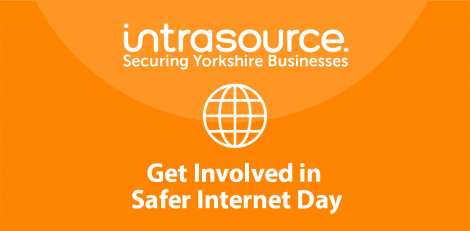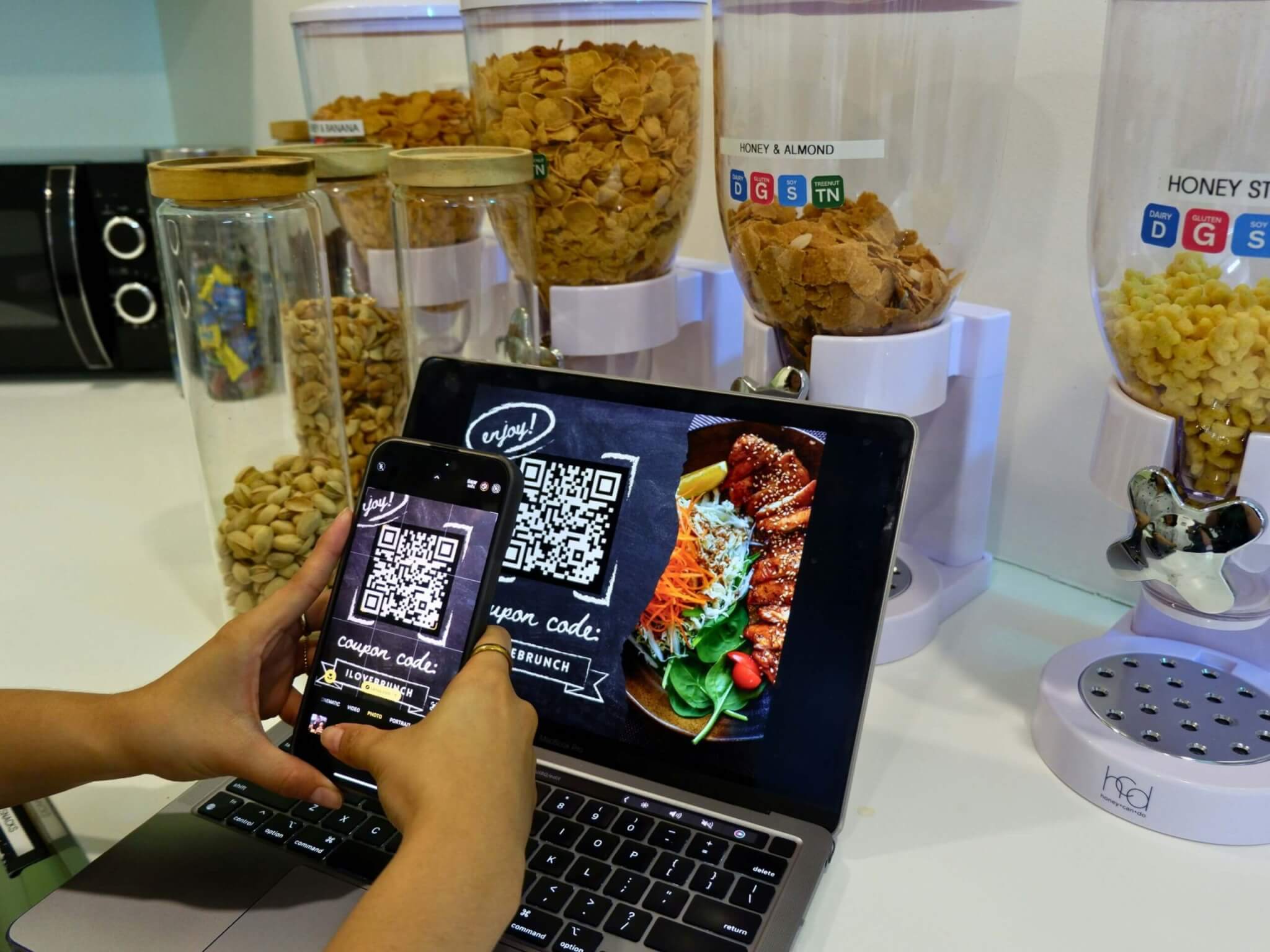Tuesday 9 February is Safer Internet Day, a global celebration with the theme “Play your part for a better Internet!” Founded by the Safer Internet Centre, the event aims to educate and enable children, adults, businesses and communities to make the most of the Internet while remaining secure from hacking, virus attacks, data theft and other detrimental activity.
To help you get involved in Safer Internet Day with ease, here are our top IT security tips that can be put in place immediately both at work and at home.
Along with running regular security checks and vulnerability testing, these tips will help you.
Don’t use “password” for your password
You’d be amazed how many people choose passwords that range from the easy to crack to the totally predictable. Examples of bad passwords are the names of friends, family members and pets, your birthday, favourite bands, and other words or numbers that could be guessed in a few attempts. The best kind of password is composed of three random words plus a number, such as “fishlampcactus37”. You could also add a punctuation mark, or even create an entirely random jumble of characters. The important thing is that you decide on something that others can’t assume, and which you can remember without having to write it down anywhere.
Tweak those settings
Social media sites, especially Facebook, are goldmines for cyber criminals. If your privacy settings are of a low level, a hacker doesn’t even need to hack in order to get hold of your information. So first of all, go into your account’s privacy settings and check that everything suits your needs, especially the option of whether your posts can be seen by everyone or just your connections. Next, check through the bio info you’ve provided and change its individual privacy settings, especially your address, phone number, birthday, employment history and so on. Also take note of any alerts you receive that say your account has been accessed from a different device or location, as you then get the opportunity to either allow or block future access.
Behind-the-scenes protection
As the name suggests, antivirus software is designed to detect and destroy virus activity on your machines and servers. Meanwhile, an antispyware programme locates any unsolicited applications that are used to covertly transfer your data to another source. Whether it’s at work, at home or on a portable device, protecting your files and data is crucial. There are many antivirus and antispyware applications available, so we’re here to help you choose the one that most effectively fits your requirements.
Beware the freebies
One day you may come across a free game or app that looks fun, insightful or useful, so you download it without a moment’s hesitation. It could then do everything that was promised, yet in the background there’s unwelcome activity taking place, such as file corruption and the illegal sharing of administration control. So if you do download something, make sure that it’s from a trusted source such as Google Play, CNET or Macworld. Simultaneously, never visit a link that’s included in a suspicious email or social media post, as one click is all it takes to immediately grant access to destructive entities.
What if I’ve been hacked?
In the event of a hack or security breach, every second counts. Get in contact with Intrasource today and we’ll put our experience and skills to work immediately, helping you to continue daily operations with minimal disruption.
Call us today if you would like guidance and information 01482 628800 [email protected].
Find more information and IT security news here and find out about the different types of cyber attacks here.



